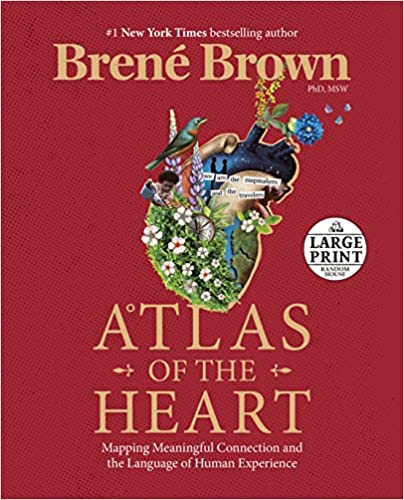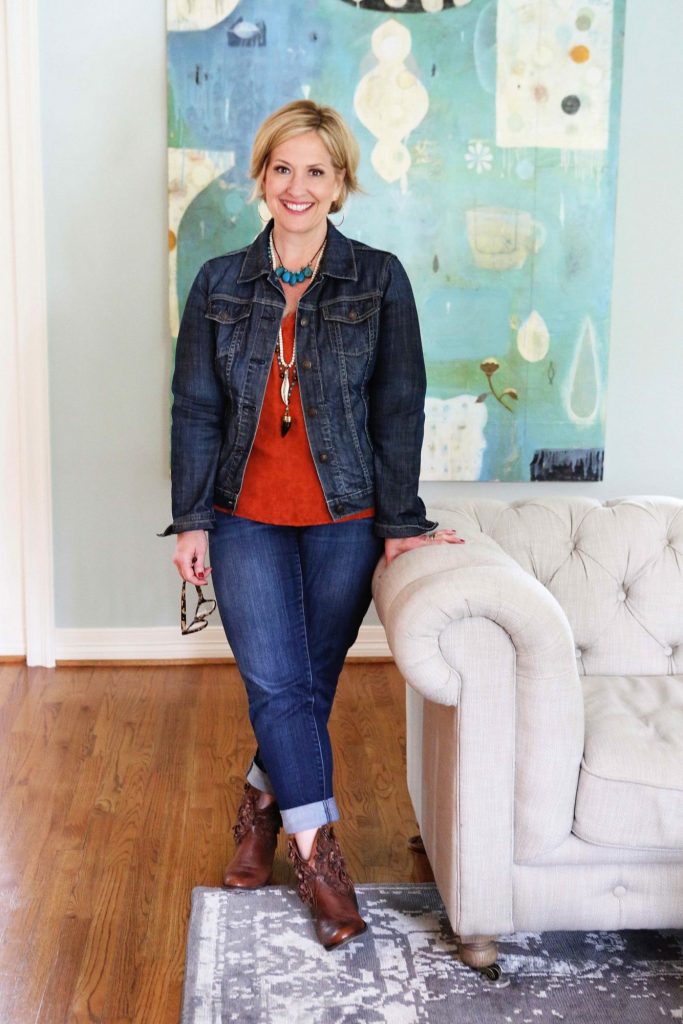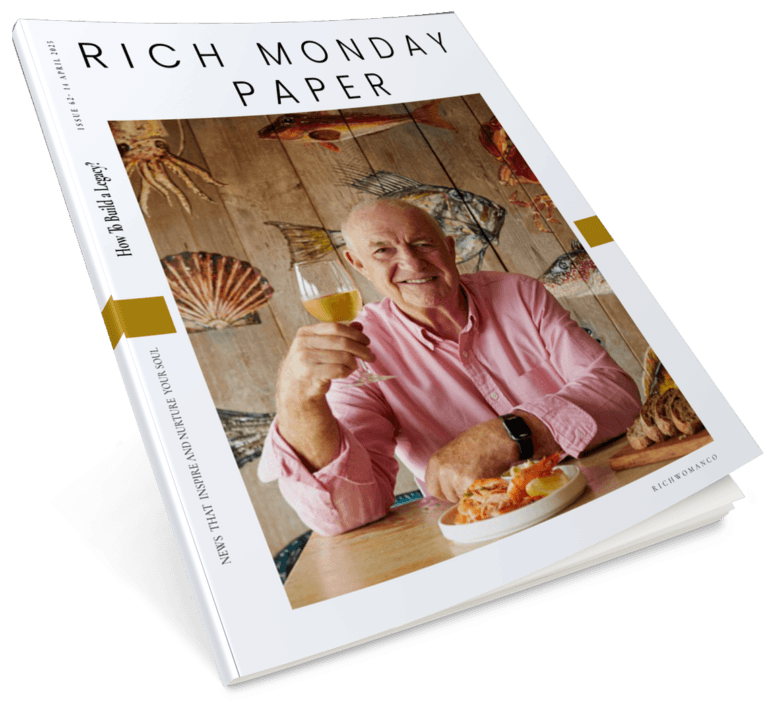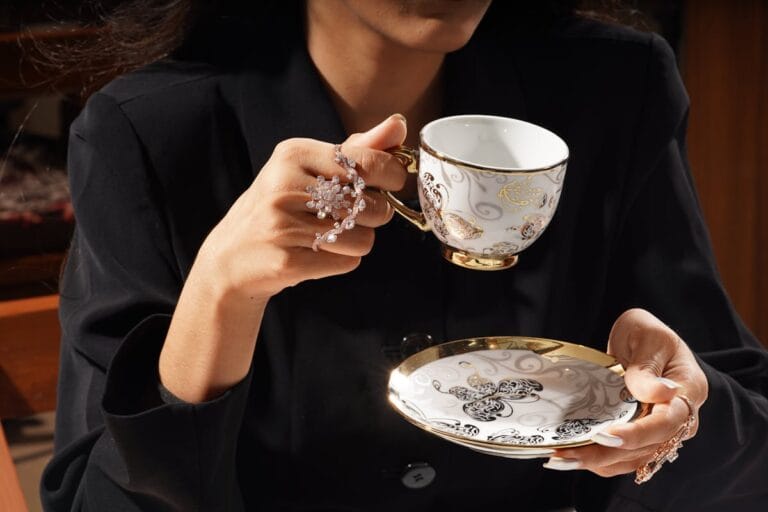The Courage To Be Different and Make a Difference without Fitting In
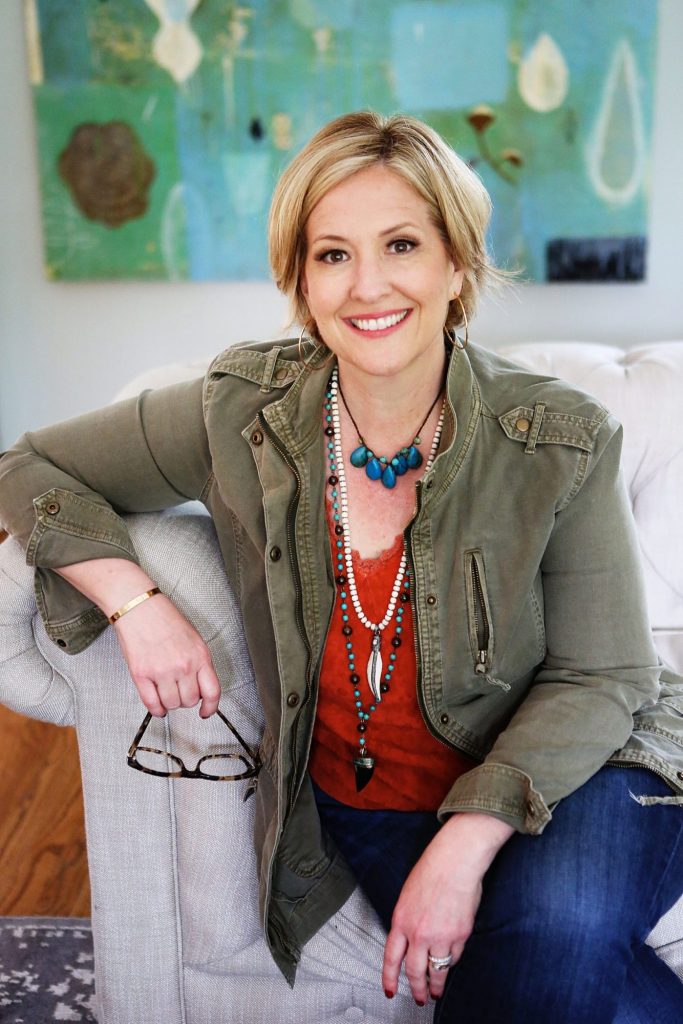
In a world that leans to often towards uniformity, embracing who you are, standing alone and celebrating difference can be a radical act of courage. The courage to be different not only defines who we are as individuals but also lays the groundwork for change. Contrary to popular belief, it is not the majority but those who dare to step outside the norm, who bring about the most significant transformations.
I belong every place. I belong no place. I belong to myself…
Maya Angelou
The courage to be different: do you fit in or belong to society?
In a global survey conducted by the World Values Network in 2023, it was found that about 61% of participants felt societal pressure to conform. Yet, within that same group, approximately 78% expressed a desire to stand out or be unique in their own way.
Resonance, in its most general sense, refers to the phenomenon where a system amplifies a certain input frequency due to the system’s own natural frequency. This phenomenon can be observed in various fields, from physics to music, and beyond. Resonance within social interactions and human relationships could be understood as a deep and mutual understanding, a harmonious connection between people that goes beyond superficial interactions.
Fitting in, on the other hand, could be seen as an external process, where you modify your behaviours, attitudes, and beliefs to match those of a particular social group. This involves a degree of assimilation and conformity, often to meet the expectations of society or a specific community. While fitting in can provide a sense of social acceptance and external validation, it often comes at the cost of suppressing your identity and authenticity.
Belonging, however, is a more profound and internal process. It starts with self-acceptance and goes beyond being accepted and valued for who you truly are, rather than for who you appear to be or who others want you to be. Belonging engenders a deep sense of self- awareness and identity, allowing yourself to express your true self without fear of rejection or judgment.
The concept of social resonance brings a unique perspective on the idea of fitting in vs. belonging. Just like a system that resonates at its natural frequency, you may find that you resonate most authentically and powerfully when you are true to your inner self, rather than trying to conform to external expectations.
When an individual’s beliefs, values, and attitudes align with those of a social group, there’s a resonance that results in a deep sense of belonging. This type of connection is not achieved by simply fitting in, but rather by being true to one’s self and finding a community that values and accepts this authenticity.
Attempting to fit in by suppressing your natural frequency – your authentic self – can lead to dissonance and disharmony. While this may result in a superficial sense of belonging, it is often fragile and unsatisfying, as it is not based on genuine connection and acceptance.
Resonance in social interactions and human relationships reflects the profound connection that arises from authenticity and mutual understanding. The concept illustrates the difference between appearances/ fitting in and truly belonging, highlighting the value of staying true to yourself to find genuine and resonant connections in society. In one sentence, to be your true self you need to resonate with yourself. Everything else is a consequence of that resonance.
Think different- the courage to make a difference
In the famous words of Apple co-founder Steve Jobs, “Think different.” It’s these different thinkers that disrupt the status quo and pave the way for new ideas, technologies, and solutions. They challenge conventional wisdom, break moulds, and ultimately shift paradigms.
“Here’s to the crazy ones, the misfits, the rebels, the troublemakers, the round pegs in the square holes … the ones who see things differently — they’re not fond of rules, and they have no respect for the status quo. … You can quote them, disagree with them, glorify or vilify them, but the only thing you can’t do is ignore them because they change things. … They push the human race forward, and while some may see them as the crazy ones, we see genius, because the people who are crazy enough to think that they can change the world, are the ones who do.
Steve Jobs- Apple’s 1997 Think Different
We see this embodied in figures like Dr. Martin Luther King Jr., who dared to dream of a different America, breaking the norms of a segregated society. Or Malala Yousafzai, who stood against the oppressive tradition to advocate for girls’ education in Pakistan. Their courage to be different has made a significant difference, impacting millions worldwide.
Being different requires courage. It requires stepping out of the comfort zone and facing potential criticism.
As the celebrated author Dr. Seuss once stated, “Why fit in when you were born to stand out?”
Consider Elon Musk, a man who dared to think differently in a number of industries traditionally resistant to change. From his early beginning with PayPal, disrupting the banking industry, to SpaceX challenging space travel norms, and Tesla revolutionizing the automotive industry – Musk’s courage to be different has changed the landscape of modern technology.
Making a difference- the ripple effect
What we must remember is that when one person takes a stand, it inspires others to do the same. This ripple effect was observed in a study published in the Journal of Experimental Social Psychology (2021), which found that witnessing one person’s moral courage can motivate others to follow suit, a phenomenon known as “courage contagion.
Being different to make a difference is about the courage to challenge the status quo, to disrupt, innovate, and revolutionize. It is about having the strength to stand against societal pressure and instead, championing individuality, diversity, and change.
As British politician and statesman Winston Churchill famously said, “Kites rise highest against the wind – not with it.” So too do those who dare to be different, making a profound impact in their soaring flight. They are the ones who take us forward, showing us what is possible when we dare to be different, when we have the courage to make a difference.
The power is within us all. We must remember that each one of us has something unique to contribute, and by daring to be different, we too can make a world of difference.
Unpacking the call to courage: navigating the Atlas of the Heart with Brené Brown
In “The Call to Courage,” a ground-breaking Netflix special, renowned research professor, and bestselling author Brené Brown delivers an inspiring discourse that boldly delves into the heart of what it means to live courageously. With her unparalleled blend of honesty, warmth, and humour, Brown tackles some of life’s most complex emotions – vulnerability, courage, and empathy – and lays bare the profound impact these forces have on our lives.
“Vulnerability is not winning or losing; it’s having the courage to show up and be seen when we have no control over the outcome,” Brown asserts in her special. She argues that vulnerability isn’t a sign of weakness but rather the most accurate measure of courage.
Brown encourages us to cast aside the shield we often use to protect ourselves from potential pain and rejection. This armour, she explains, while protecting us, also insulates us from experiencing the joy, creativity, and connection that define a fulfilled life.
The power of Brown’s message is further underscored by a recent survey conducted by the American Psychological Association (2023), which found that nearly 73% of adults believe fear of vulnerability inhibits them from reaching their full potential.
Brown explores the concept of courage with a profundity that is rare in today’s efficiency-obsessed culture. She says: “Courage is a heart word. The root of the word courage is ‘cor’ – the Latin word for heart.”
Through her storytelling, Brown dismantles the stereotypical image of courage as an extraordinary act of physical or moral bravery. Instead, she reframes courage as an everyday act, deeply intertwined with vulnerability. The courage to be authentic, to express our emotions honestly, and to step into the arena even when failure is likely – these are the acts of bravery that Brown champions.
Empathy, according to Brown, is an antidote to shame and a powerful catalyst for connection. “Empathy fuels connection, sympathy drives disconnection,” she explains. By learning to respond to others’ experiences with understanding and compassion, rather than judgment or indifference, we can forge deeper, more meaningful relationships.
In “The Call to Courage,” Brené Brown invites us to embrace our vulnerability, exercise everyday courage, and foster empathy – thereby paving the way for a more fulfilling, connected life. The documentary special is not just a lecture; it’s a call to action – a call to step into the arena, daring greatly, and leading with the heart.
In the spirit of Brown’s own vulnerability, she leaves us with a quote from Teddy Roosevelt, which encapsulates the essence of her message:
“It is not the critic who counts: not the man who points out how the strong man stumbles or where the doer of deeds could have done better. The credit belongs to the man who is actually in the arena, whose face is marred by dust and sweat and blood, who strives valiantly, who errs and comes up short again and again, because there is no effort without error or shortcoming, but who knows the great enthusiasms, the great devotions, who spends himself in a worthy cause; who, at the best, knows, in the end, the triumph of high achievement, and who, at the worst, if he fails, at least he fails while daring greatly, so that his place shall never be with those cold and timid souls who knew neither victory nor defeat.”
Theodore Roosevelt
Speech at the Sorbonne, Paris, April 23, 1910
